The New Craftsmen: Discover beautiful British crafts
Co-founder Natalie Melton talks about the challenges facing makers today and the joy of handmade homeware
A free daily email with the biggest news stories of the day – and the best features from TheWeek.com
You are now subscribed
Your newsletter sign-up was successful
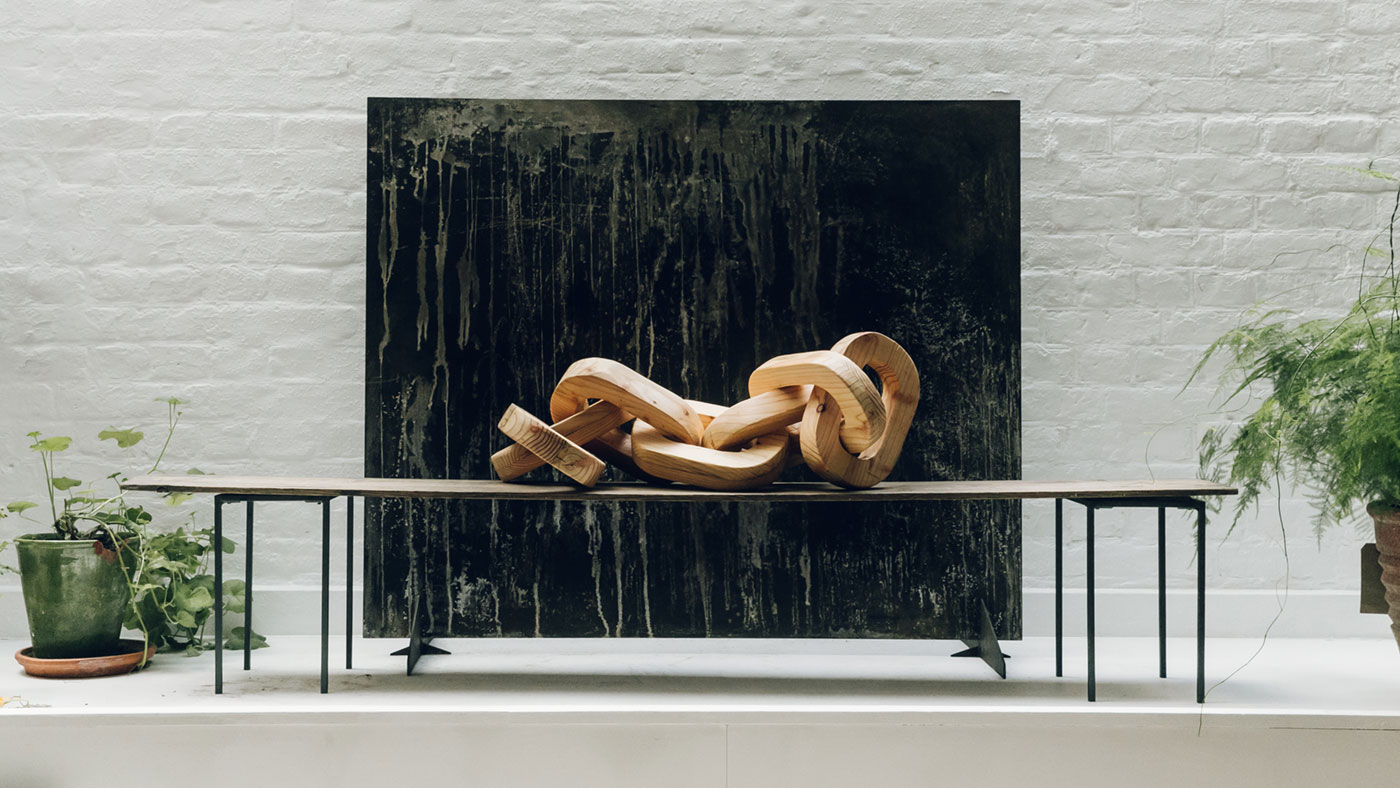
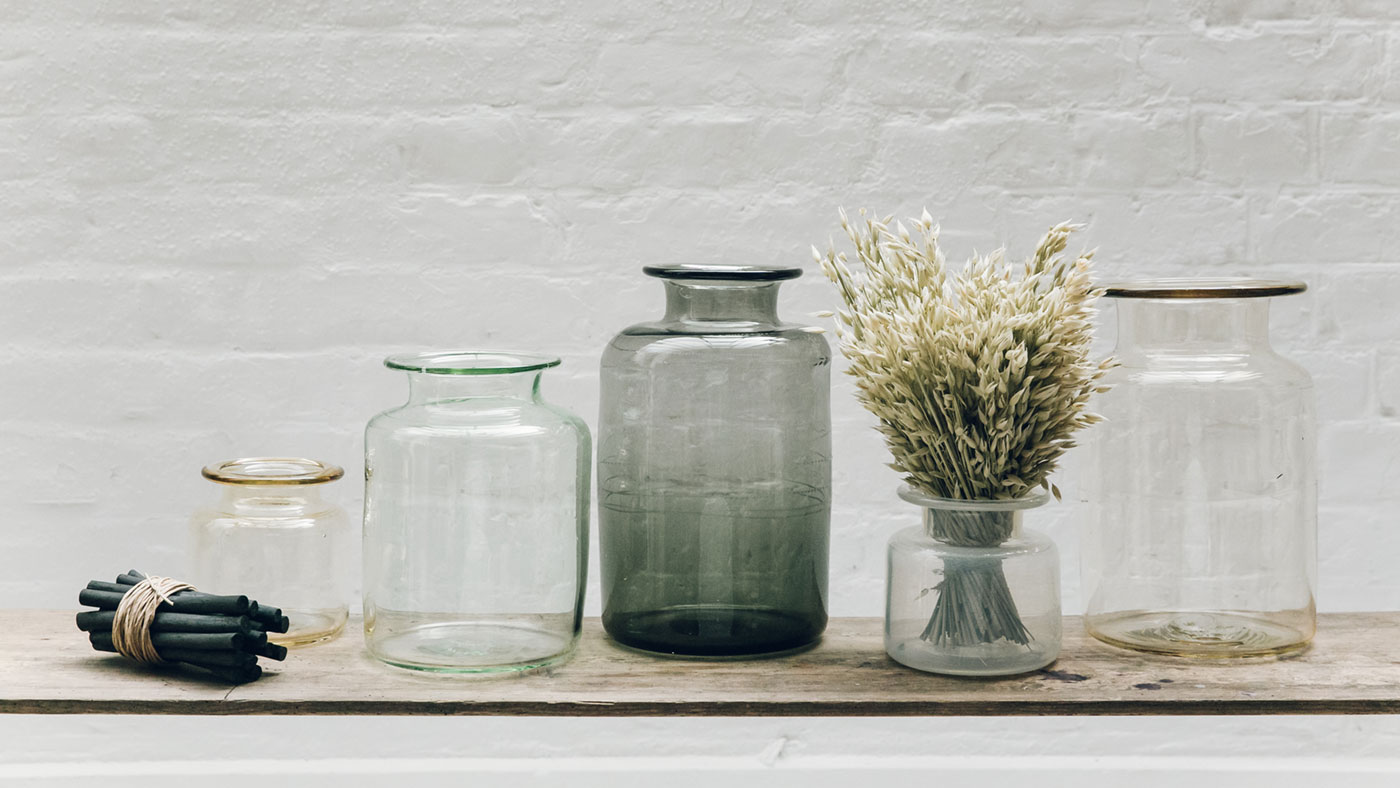
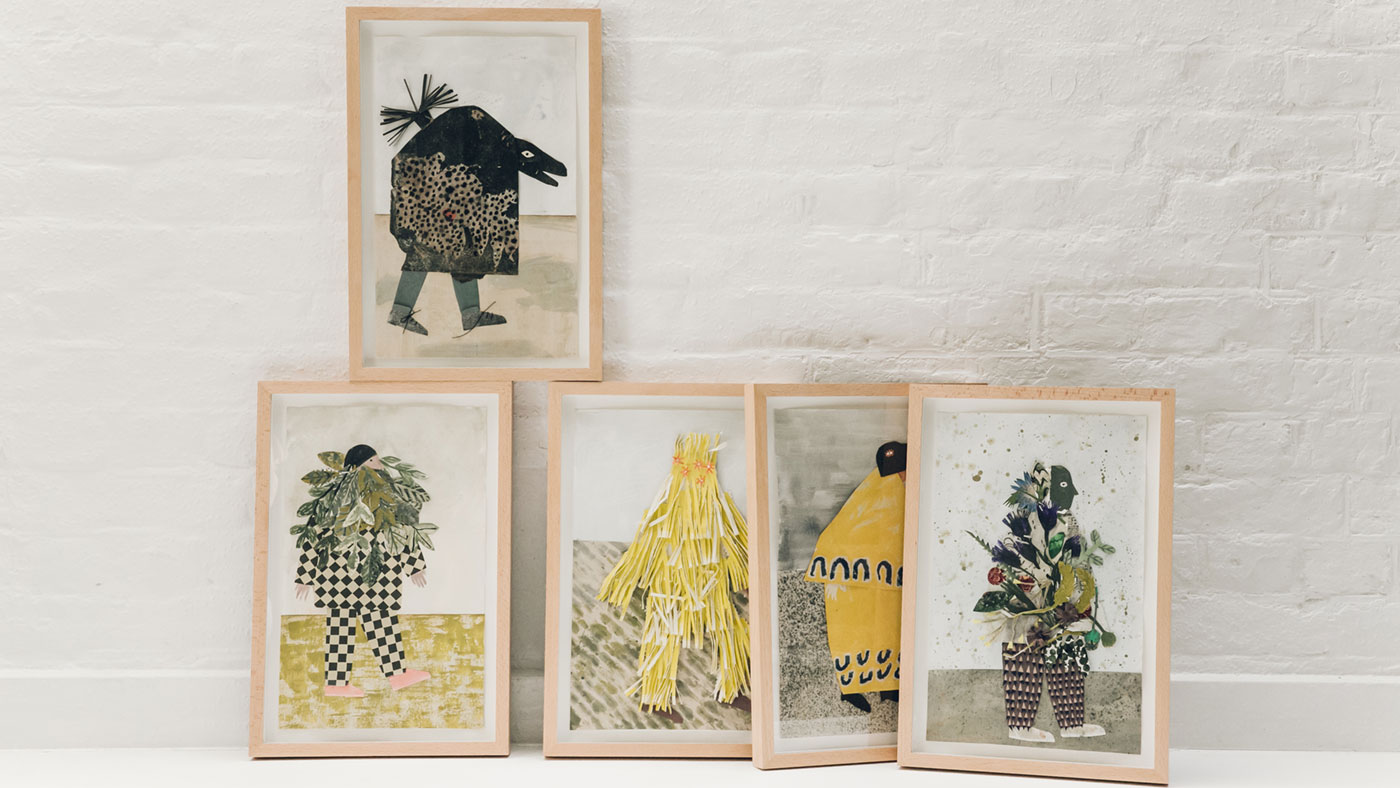
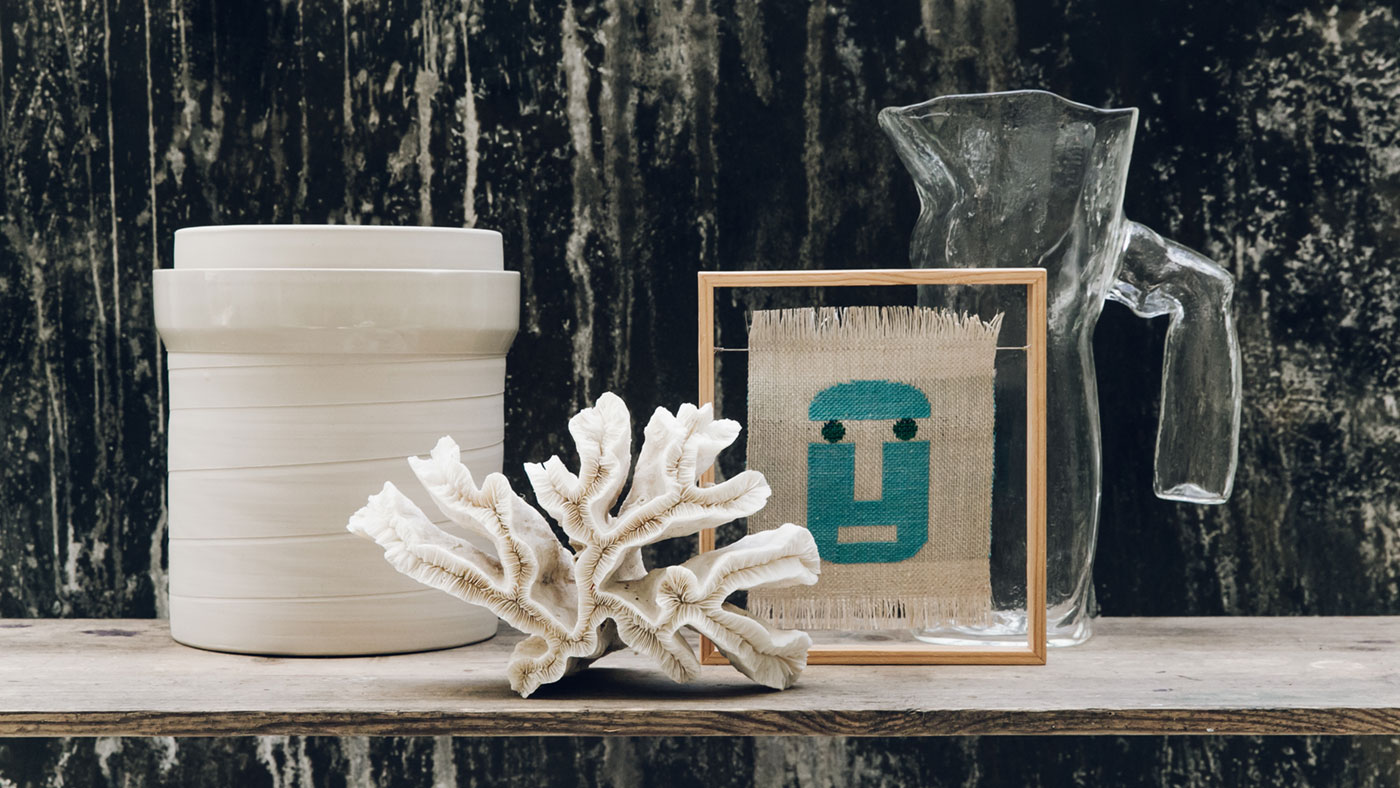
After working to connect British craftspeople with luxury brands, myself and my two co-founders set up The New Craftsmen to provide a permanent and direct link between the public and makers. My co-founder, Mark Henderson of Gieves & Hawkes and Walpole spotted a gap in the market for an easy way for makers to sell their work. While Catherine Lock, our other co-founder, after years working for high street brands, had begun to question why she was sourcing stock with English themes from Asia, instead of from the wonderful craftspeople we have here. She left her job and went on a road trip around the country to meet British makers. When I met Catherine and Mark, I had been working with the charity Arts & Business, helping to address the disconnect between luxury brands, based on high-quality craftsmanship, with actual craftspeople. Between the three of us we had a network of great craftspeople and retail experience, so we decided to combine everything and open a shop.
We sell a variety of crafts from all over the British Isles including baskets, glassware, crockery, textiles and furniture. We work in a similar way to the contemporary art model, where galleries engage between artists and buyers. We act as a curatorial filter and try to assemble a collection of work by what we think are some of the best makers in the country. We want to start conversations about craft, without being stuffy, standoffish or elitist. We want people to learn, understand and engage with craft.
We find craftspeople to work with in a number of ways; some are from the original network we started with, others are their friends, some come from graduate fairs and shows and then some pitch to us directly. Every time we meet someone, we're looking for a great product – it has to sing to us, we have to love it. We're also looking for great chemistry with the maker – it's a very human business. And we're looking for someone who is ambitious about their business; it's no good if they see it as a hobby rather than a career, as we have to know they can fulfill demand. We also want to ensure there is a balance between the traditional and the innovative in what we offer clients.
The Week
Escape your echo chamber. Get the facts behind the news, plus analysis from multiple perspectives.

Sign up for The Week's Free Newsletters
From our morning news briefing to a weekly Good News Newsletter, get the best of The Week delivered directly to your inbox.
From our morning news briefing to a weekly Good News Newsletter, get the best of The Week delivered directly to your inbox.

We have basketry from makers Joe Hogan in Ireland and Annemarie O'Sullivan in Sussex, who both manage the entire cycle of making, from growing the willow, to treating it and weaving the baskets. We also have traditional Orkney woven straw furniture from Gareth Neal and Kevin Gauld. There are very few trees on Orkney, so much of their traditional furniture is made from a combination of driftwood and straw, which they have in abundance. We stock rugs by Rachel Scott as well, who weaves with wool she spins herself. She does not dye it, so the finished rugs are the same colours the sheep were originally. She's able to tell you which sheep's wool a rug is made from and where they came from in the country.
Provenance is important to our customers and, unlike many other retailers, we don't hide our makers, they are at the forefront of what we do. We organise dinners and visits to makers' studios for clients to meet them. Our role is to connect the two, whether commissioning or just meeting, to make it as easy as possible for both so it's just about the joy the craft brings. There's been a move to an 'experience economy', where people are putting money into enjoying experiences rather than buying goods, and I think craft can offer a good blend of both. There's also a desire among some to buy less but buy better, which can also apply to craft, as can the desire to own things with wonderful stories attached to them.
It is difficult for craftspeople in the British Isles to make a living from their work though, without having to teach or have a second job on the side. Our goal is to get as many people as we can to a point where they don't have to do that, but it is a challenge. Although we do find people to stock through graduate shows, these degree programmes are starting to disappear. There are a lot fewer ceramics departments in the country than there once were, for example. And a lot of it is down to finances; you can fit 30 IT students in a space that would accommodate five ceramics students, for example. But we are also removing creative subjects from our curricula for children and young people and that worries me. There's very little joy in a child being able to learn and repeat grammatical rules without being able to write a story. And if our children don't understand how to use their hands and appreciate working with materials, how will they know fully what they want to do later in life? While there's a general upswing in interest in craft, and we are starting to rediscover and relearn how to appreciate handmade things, we are also filtering the associated subjects out of our schooling. Where are the next generation of skilled makers and artists going to come from?

In our research for people to work with, we come across crafts that have a dwindling number of makers, as well as people doing something new, which is exciting. Over time, we've developed and honed our skills in knowing what to stock, but when something is right, you know it. It's thrilling then to be able to phone someone to tell them their first piece has sold. Some makers are really good at the business side and are savvy, but others want to focus on making beautiful things and we're here to take care of everything else for them, so they can continue. We have a sort of eco system here, which means we can do the business side better for the maker and serve our customers, so they always have great experiences.
A free daily email with the biggest news stories of the day – and the best features from TheWeek.com
NATALIE MELTON is co-founder of The New Craftsmen. She used to work for Arts & Business, a charity linking the cultural and private sectors. In partnership with Catherine Lock and Mark Henderson, they established The New Craftsmen as a pop-up in 2012, before opening as a permanent fixture in Mayfair in 2013. The New Craftsmen curates, commissions and sells pieces by over 100 makers across the British Isles. Their new exhibition of over 25 makers – Animal, Vegetable, Mineral – is open now at their showroom, 34 North Row, London, W1K 6DG; thenewcraftsmen.com
-
 How the FCC’s ‘equal time’ rule works
How the FCC’s ‘equal time’ rule worksIn the Spotlight The law is at the heart of the Colbert-CBS conflict
-
 What is the endgame in the DHS shutdown?
What is the endgame in the DHS shutdown?Today’s Big Question Democrats want to rein in ICE’s immigration crackdown
-
 ‘Poor time management isn’t just an inconvenience’
‘Poor time management isn’t just an inconvenience’Instant Opinion Opinion, comment and editorials of the day
-
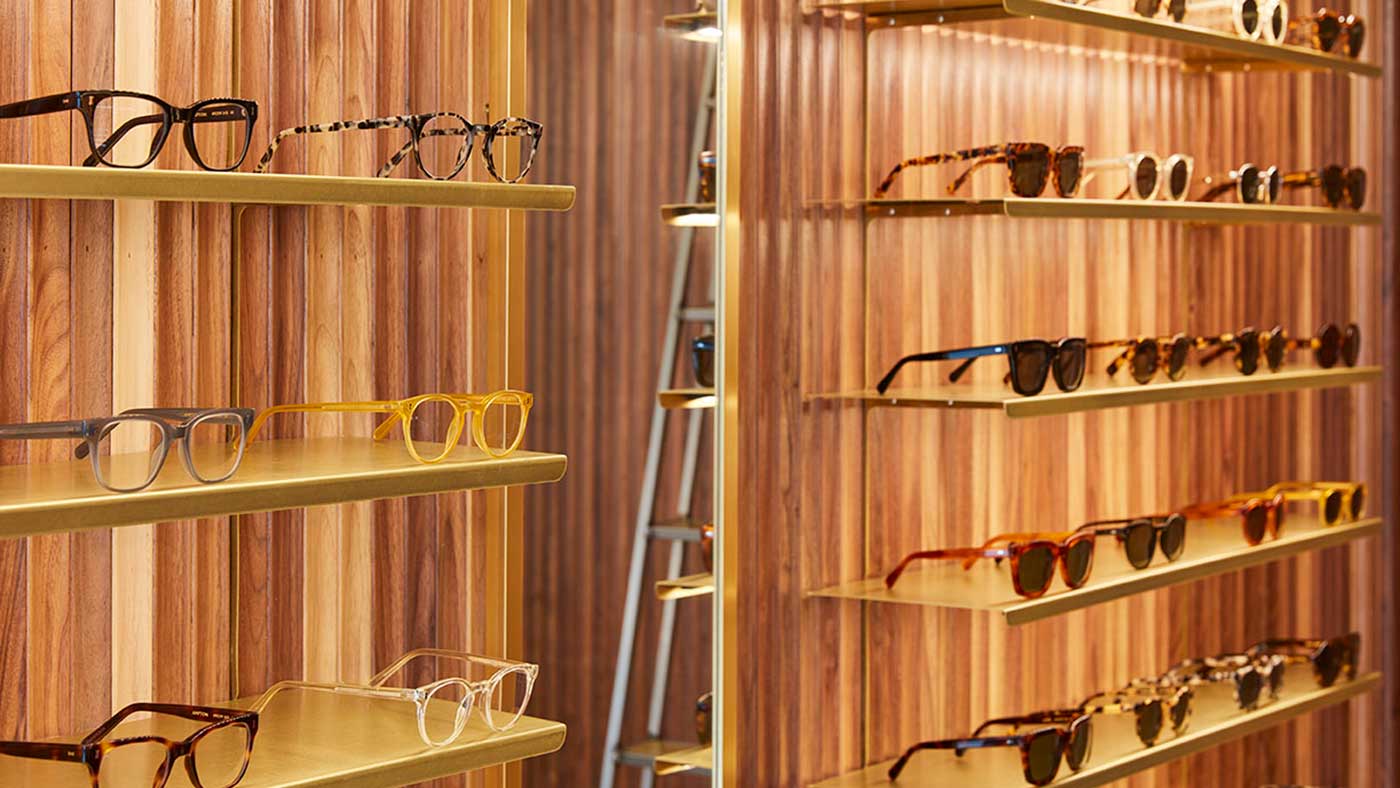 Cubitts: an eye for the unique
Cubitts: an eye for the uniqueIn Depth Founder Tom Broughton on harnessing traditional hand-craftsmanship and modern technologies for a new chapter in London spectacle making
-
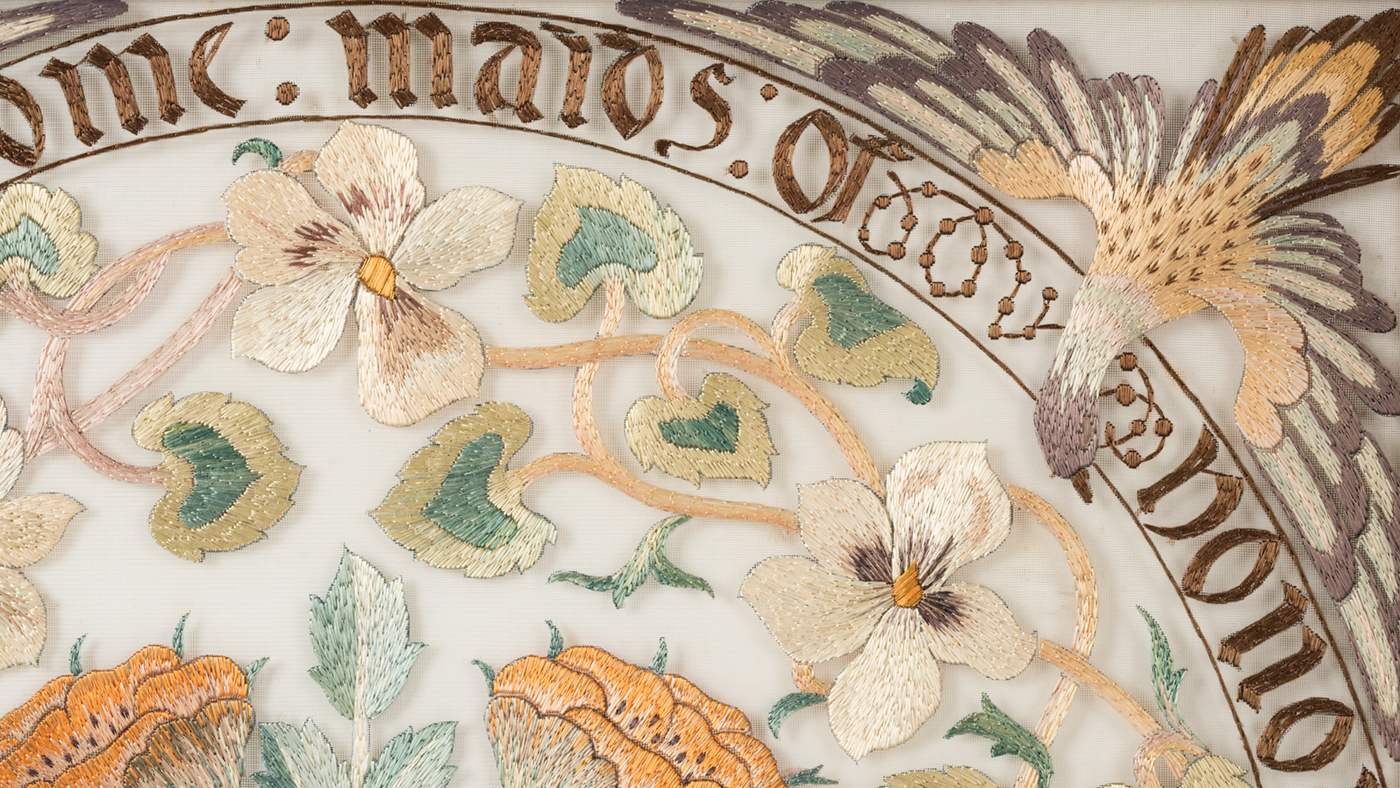 The daughter also rises: remembering the work of May Morris
The daughter also rises: remembering the work of May MorrisIn Depth A new exhibition at the William Morris Gallery focuses on his youngest child, one of the forgotten heroines of the Arts and Crafts movement
-
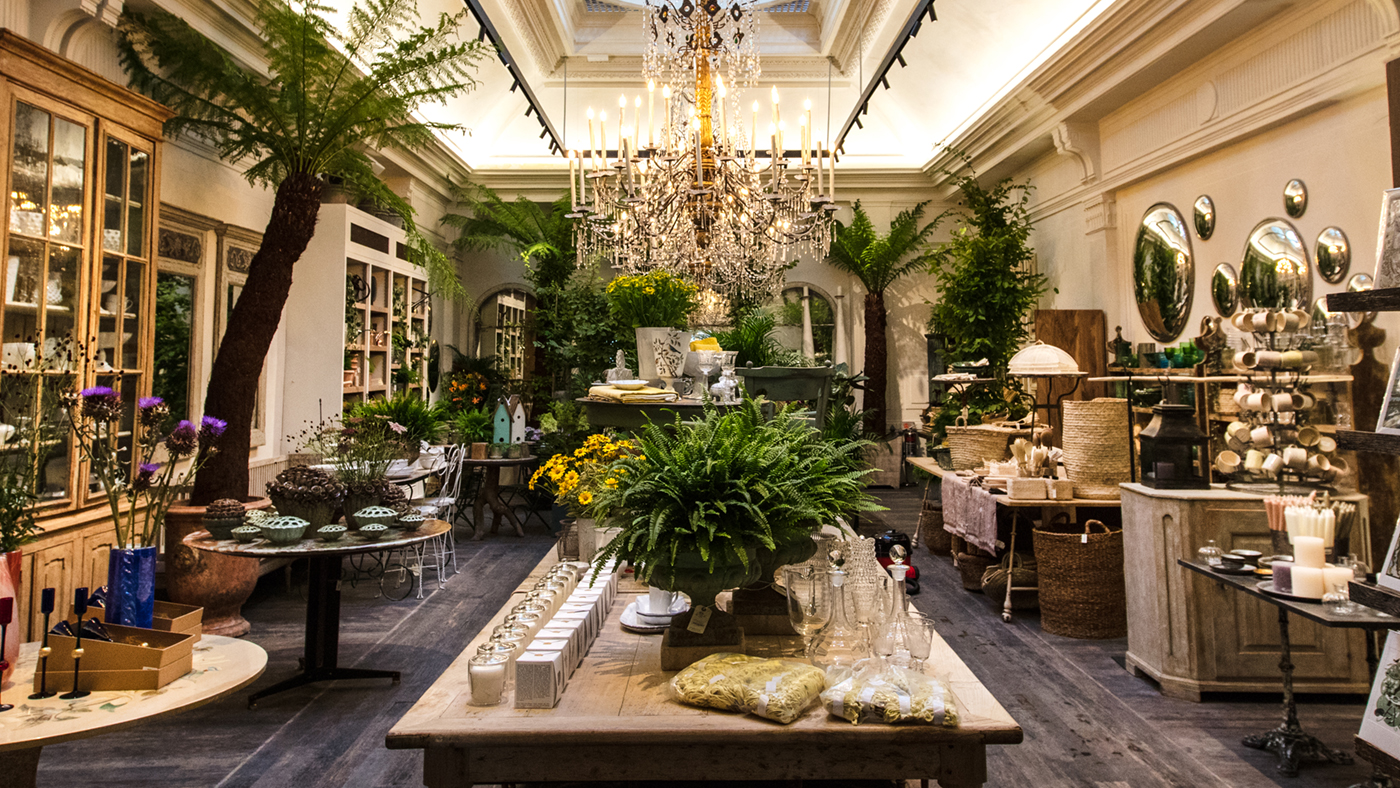 Petersham Nurseries comes to Covent Garden
Petersham Nurseries comes to Covent GardenIn Depth Managing director Lara Boglione on bringing a taste of the popular Richmond garden shop and cafe to central London
-
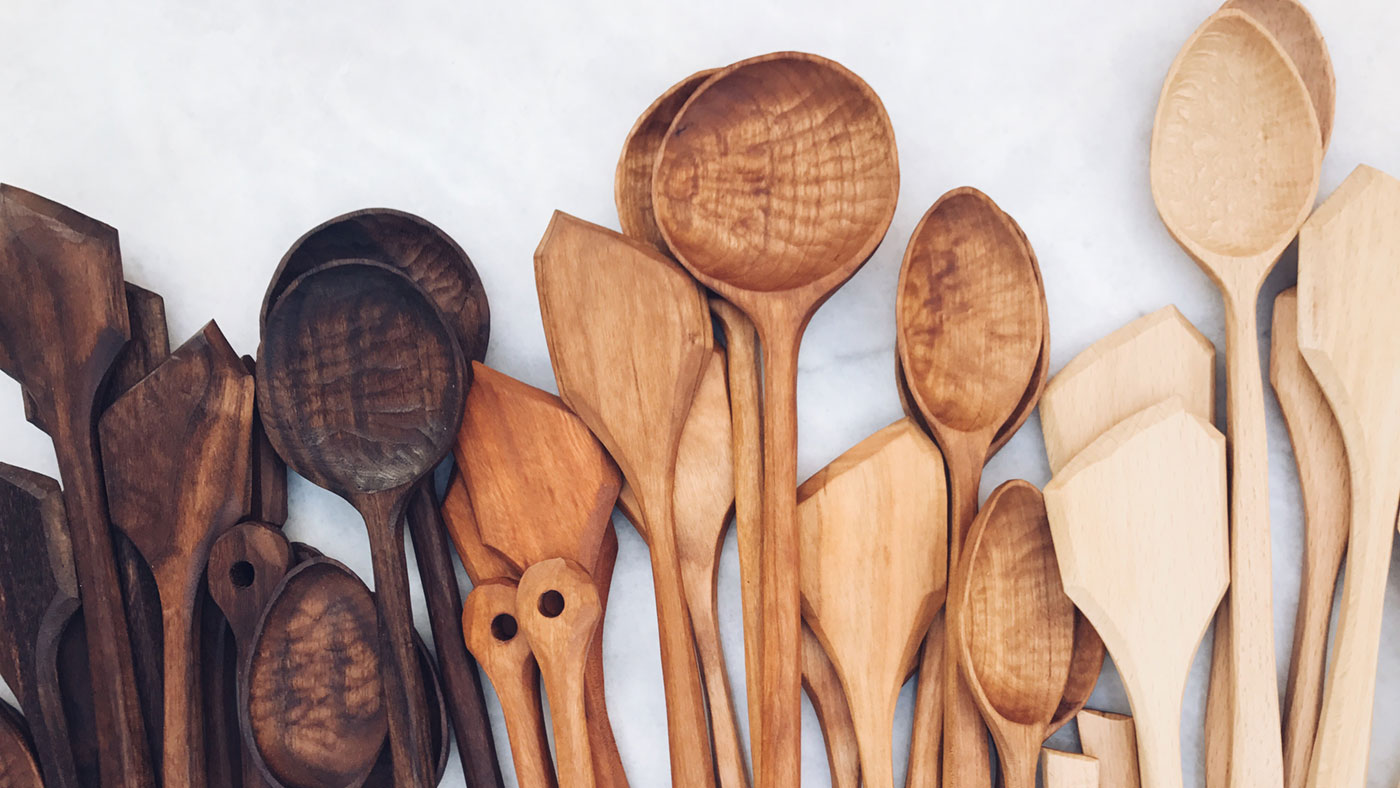 Grain & Knot: A cut above
Grain & Knot: A cut aboveIn Depth Founder Sophie Sellu on leaving her office job to start her own business hand-carving wooden utensils
-
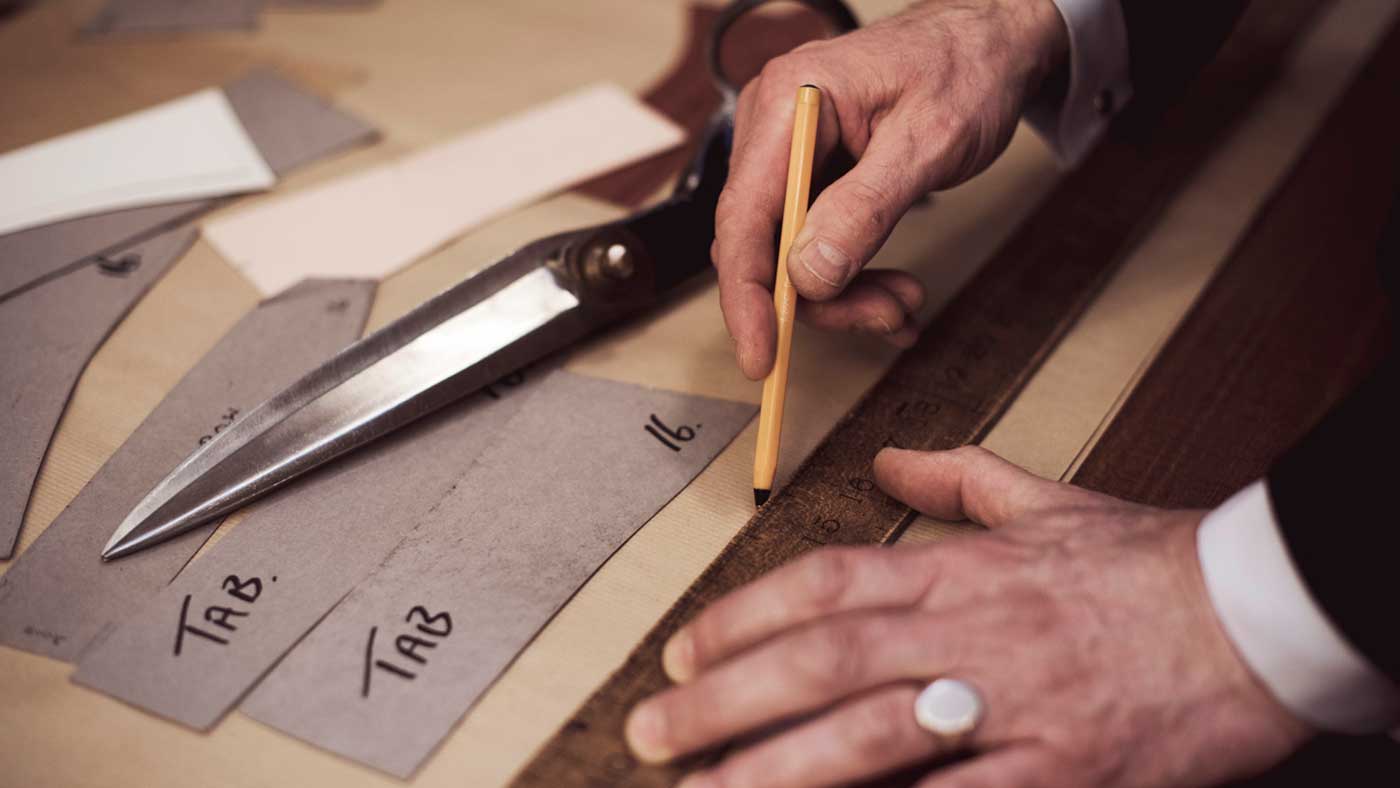 London Craft Week: Discover makers, designers and artists
London Craft Week: Discover makers, designers and artistsIn Depth Over 100 of the UK's top talents are opening their studios for tours and masterclasses for a behind-the-scenes glimpse at their work
-
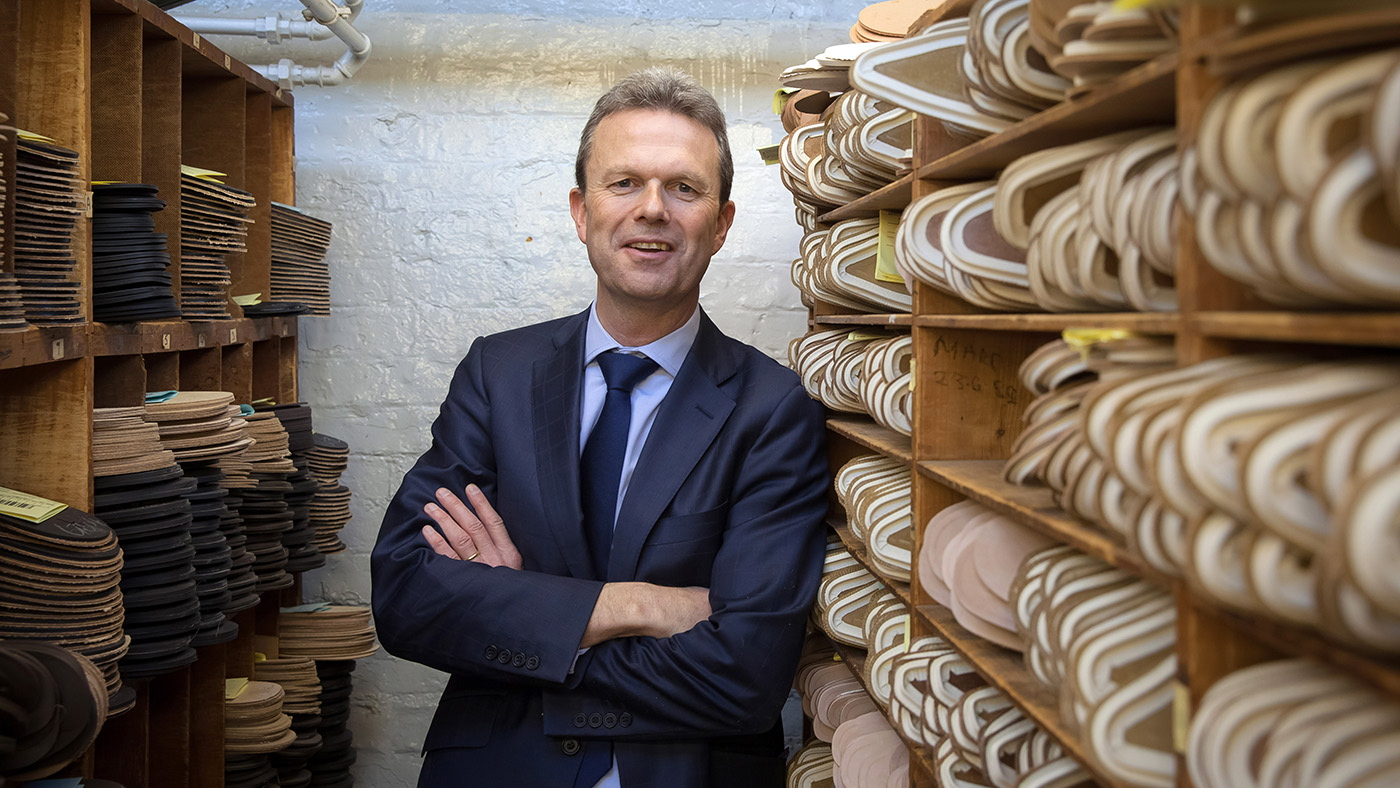 Cheaney & Sons: The changing business of brogues
Cheaney & Sons: The changing business of broguesIn Depth William Church of the Northampton-based shoemakers talks about the future of British-made brogues
-
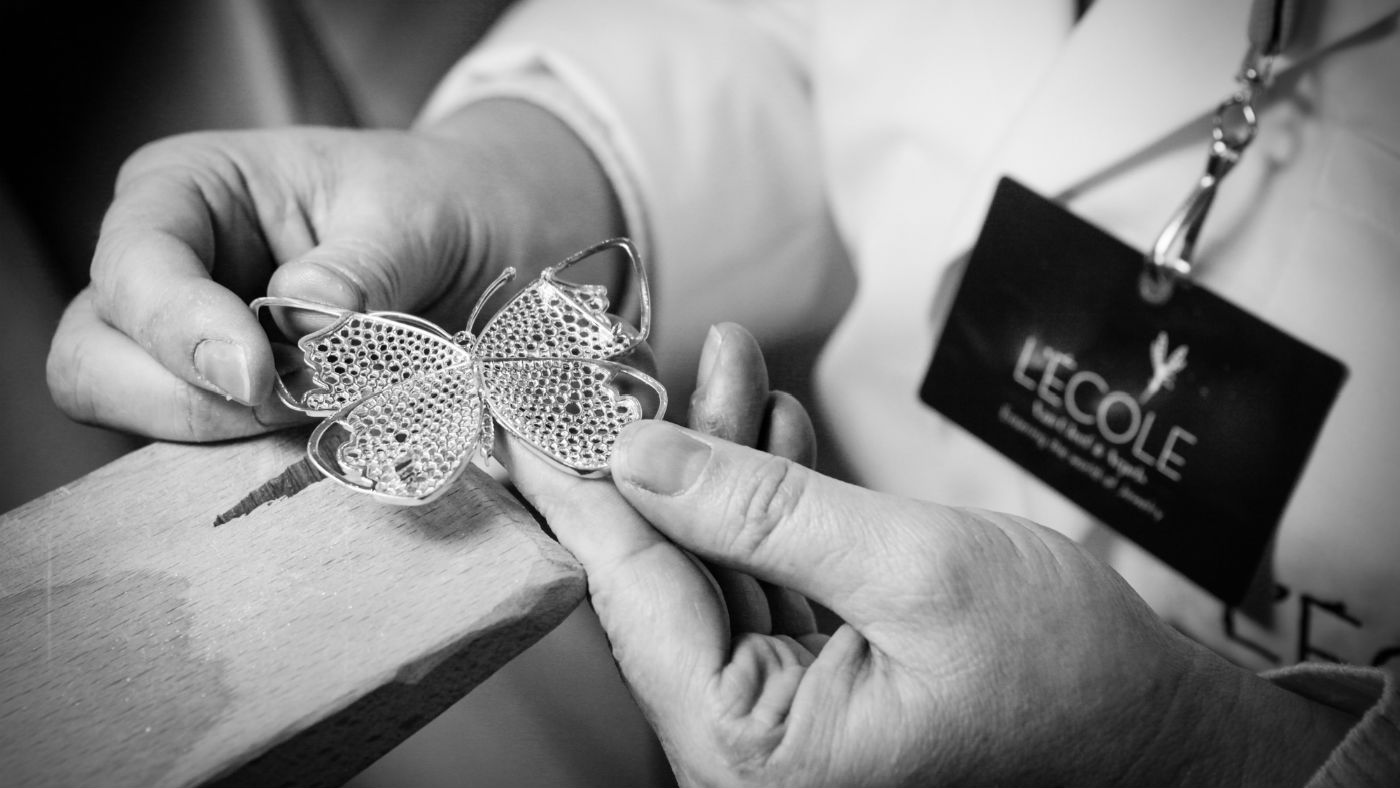 School of rock: Create objets d'art with a master craftsman
School of rock: Create objets d'art with a master craftsmanIn Depth Want to fashion your very own masterpiece? Ditch night school and enrol with an established atelier
-
 Artist Peter Layton on the sheer joy of glass
Artist Peter Layton on the sheer joy of glassIn Depth The renowned founder of London Glassblowing makes a clear case for an underappreciated art form